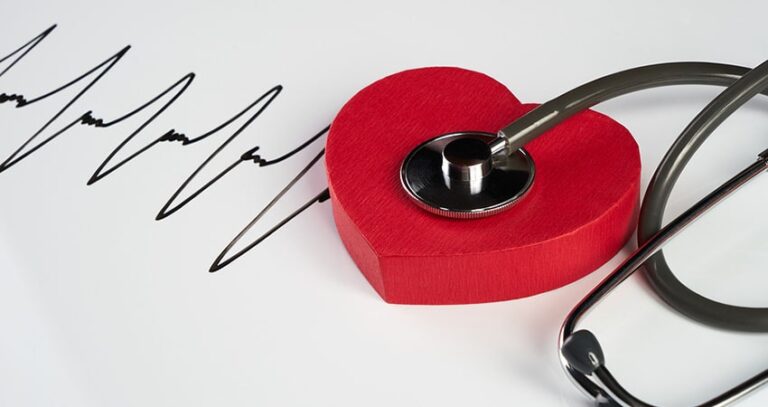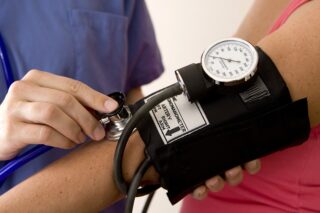
Receiving an atrial fibrillation diagnosis is only the beginning. As you start to plan for what comes next, it’s important to know what steps you can take to manage your AFib effectively.
Educate yourself about the symptoms and warning signs
The best thing you can do for yourself after being diagnosed with AFib is to understand what the condition means for your body and your long-term health. That means understanding the various symptoms that are associated with AFib, learning that you may not exhibit any symptoms at all and still have AFib, and educating yourself about the most serious effects of AFib, especially stroke.
Typically, AFib symptoms present themselves due to a lack of consistent blood flow throughout the body as a result of the arrhythmia. If you frequently experience conditions such as dizziness, heart palpitations, or shortness of breath you should seek treatment as soon as possible.
Modify your lifestyle
Making heart-healthy lifestyle choices is an important part of living fully after an AFib diagnosis. Your diet, habits, and activity level always have a significant impact on your heart, and that is especially true for patients dealing with an arrhythmia.
If you have any type of heart condition, it’s crucial to eat a diet rich in heart-healthy foods. Consume an abundance of green vegetables, fruits, and whole grains, as well as limit your intake of sugar, processed foods, and saturated fat.
Additionally, make sure you are consistently getting at least moderate exercise (clear any plans for strenuous activity with a doctor first). Even something as small as taking a long walk can help you manage your AFib more effectively.
Investigate your treatment options
There are various treatment options available for AFib and other heart arrhythmias, so it’s important for you to know what your physician may recommend to you in order to best manage your specific condition. Some patients can be treated with specialized medical therapies, including beta-blockers, blood thinners, or anti-arrhythmic agents. For other patients, AFib treatments may require procedures such as catheter ablation—which involves using energy waves to restore the heart’s natural rhythm—implanted defibrillators, or others.
Receive supportive care from a cardiac electrophysiologist
Together, you and your physician will help determine how you can achieve the best quality of life and protect yourself from the dangerous effects of AFib. Part of managing your arrhythmia is consulting with a cardiac electrophysiologist, which is a doctor that specializes in the electrical activity that takes place in the heart.
If you or a loved one are living with a heart rhythm disorder such as atrial fibrillation, contact Heart Rhythm Consultants, P.A. Dr. Dilip Mathew is Board Certified in Cardiology & Cardiac Electrophysiology and has been serving patients in Sarasota and surrounding cities including Venice, Tampa, and Sun City Center for over a decade.



